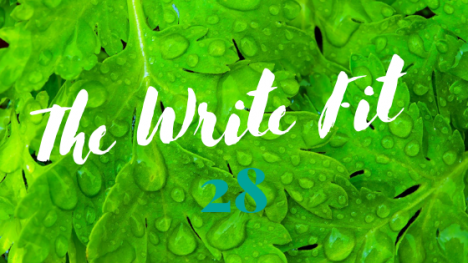
I don’t know about you, but I’m not loving social media lately. I’ve pushed back from Twitter and Facebook and find I’m a lot happier because of it. Dan has actually deleted his Twitter account entirely.
LinkedIn is the one place I’m still finding value, maybe because it’s still mostly business related. Tempers are tempered; people are less angry.
But have you noticed how LinkedIn updates have changed lately?
It all relates to algorithm changes – the continual fiddling with the program that guides how LinkedIn decides to distribute your content around the platform.
I’ve been taking notes and investigating how to impress the LinkedIn software. Here’s a little checklist I’ve created to both increase the appeal for my readers and appease the algorithm.
It might be a question. It could be a bold statement. Or it might be data from a research report. You’ll want your first line to be provocative so people will keep reading. Here are good examples:
Big chunks of text discourage people from reading so only use one or two sentences in a paragraph. Make sure to leave a space after your opening sentence. This will collapse the post in the feed making it necessary for the reader to click on ‘…see more’ to expand the post.
It might sound counterintuitive but this signals to LinkedIn that there’s interest in the post and it’s likely they’ll generate more page impressions because of it.
An internal list will break things up and draw eyes to a section of your post. This is an example I used in a recent update promoting a webinar:
✅ How to find errors in your writing when you can’t afford a proofreader
✅ Writing resources to improve both the art and science of writing online
✅ What we should be measuring (but probably aren’t)
✅ Why optimising your content for SEO is so important
I tend to avoid using emojis for LinkedIn but if you like them, go ahead and add some in.
Posts mentioning people do a lot better than those without, presumably because LinkedIn knows those people are likely to read the article and possibly share it.
Posts with a link to another site don’t get distributed as widely as those with no link, or a link to something on LinkedIn (like a LinkedIn article.) If you’re using LinkedIn to distribute your own content, put the link in the first comment as soon as you post the update.
Add a photo to attract more interest from readers. I often upload the cover photo from my blog post so when people click on the link from the URL in the first comment, they’ll see the content matches and know they’re in the right place.
Three to five hashtags used to be the limit but recent testing of the LinkedIn algorithm shows they no longer penalise posts with more. You can add them anywhere in the text but I still like them at the bottom where they’re not interrupting the reading flow.
You can find popular hashtags using the LinkedIn Search feature while you write your post. Type # followed by the topic and you’ll get a dropdown list of words starting with those letters.
LinkedIn is rewarding discussion right now so the more comments, reactions and shares you get, the more impressions they’ll give you of your post.
I post our newsletters onto the Typeset business page and then like and share it from my personal account. I think I’m getting better reach that way and it means LinkedIn is sending impressions from two places, from the Typeset page and from my personal account.
I don’t know how long these tips will remain accurate. LinkedIn could be changing the algorithm as I write this and the advice will be as useless as a kissing booth at the county fair during a pandemic. Give it a whirl now and see if you get better results from your LinkedIn posts.
We’d love to hear if you have any tips for getting more traction on LinkedIn.
Sarah Mitchell
22 September 2020
